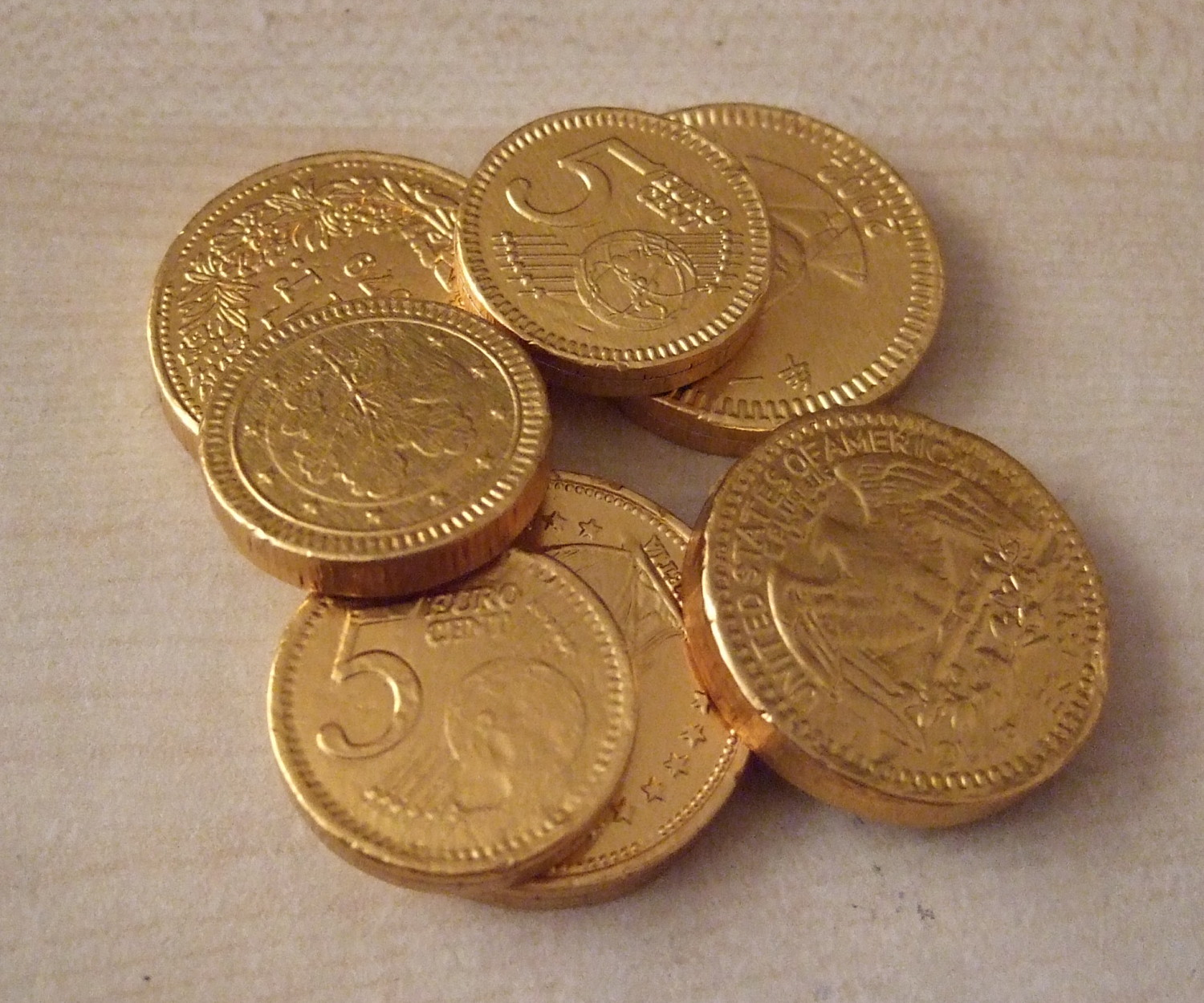We only have to look at the effect of the financial crisis recently to know that  money makes the world go round. But Gabriele Camera and her colleagues considered in PNAS this week why exactly money is essential for the functioning of modern society.
money makes the world go round. But Gabriele Camera and her colleagues considered in PNAS this week why exactly money is essential for the functioning of modern society.
Modern society involves us interacting and co-operating with hundreds and thousands of strangers, whereas our ancestors very survival depended on working with small groups of people, all of whom you would know and trust intimately. The researchers were interested in whether money played a role in facilitating this co-operation with people we have no knowledge of.
First participants took part in a control task. Paired up with anonymous strangers each was randomly assigned the role of Producer or Consumer. Producers were given the option to share some of their good with Consumers (who would be rewarded for the transaction), on the presumption that when the roles were reversed others would happily do the same in the future. Researchers found that as the group size increased, the co-operation decreased. When only two people were in a group 70% of meetings resulted in co-operation, but in a group of 32 it was only in 28.5% of meetings that people were willing to give away their goods, trusting in a future return. So we can see that in large unfamiliar societies, like we have today, co-operation would be low, but does money help to change that?
Next researchers introduced tokens to the scenario. There were purely symbolic and couldn't be exchanged for either goods or real life money. Now when pairs met they had the option of giving away their goods, not doing anything or asking for a token in exchange for their goods. When both of the pairs decisions matched a transaction took place. The team found that the introduction of tokens, even though they were only symbolic, increased the number of people willing to co-operate in large groups. In the group of 32, co-operation increased from 28.5% in the control test to 51.7%.
These results imply that money, is an evolutionary stable way of allowing large groups of strangers, like the modern day societies we have today, co-operate and therefore plays a key role in how modern societies function. However it does have a down side. When tokens were introduced, although co-operation stabilised, no-one was willing to offer their goods as a gift anymore.
- Previous The world's most accurate clock
- Next Green Flares for the Military









Comments
Add a comment